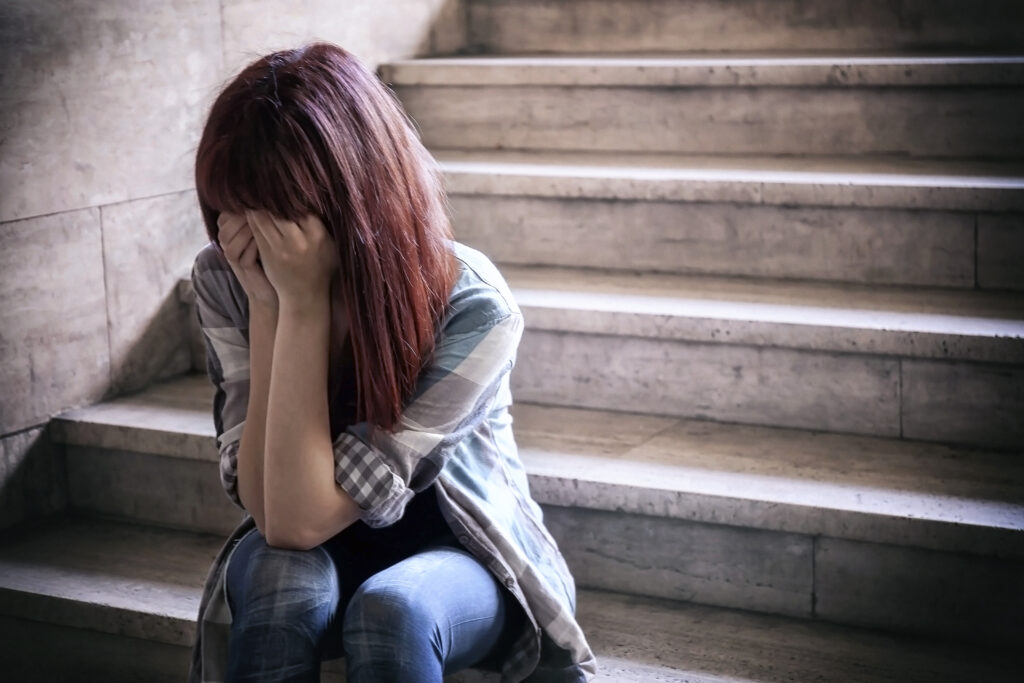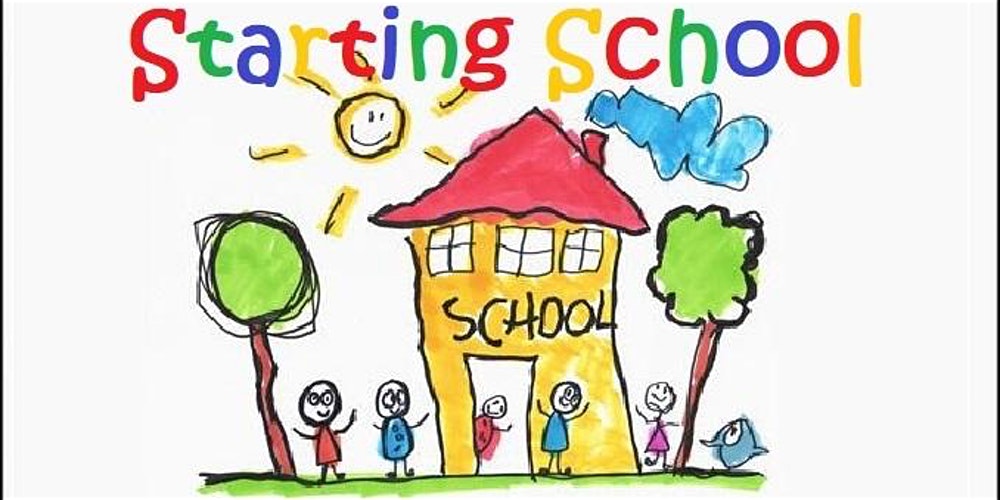

I was recently involved in the planning of an event about peer pressure, organised by Positive Parenting Malta in collaboration with the Office of the Commissioner for Children. Families shared their ideas and experiences on parenting and identified their needs and challenges when it comes to peer pressure. Very valuable feedback emerged from this event, including the importance of engaging in self-reflection and self-regulation as parents – i.e. let us think before we act and before we speak. Providing children with a safe space, empathy, positive values and encouragement are crucial ingredients to equip them with more resilience to face challenging scenarios. Additionally, the children involved in this event mentioned the importance of communication with parents and teachers, as well as how fruitful it is when they feel supported to make the right choices, and when they are encouraged to stand up for their rights. These reflections made me think about the usefulness of offering more psychoeducational information and tips on how parents and children can effectively deal with peer pressure. In this blog, I will use the term children and adolescents interchangeably, as both may be influenced by peer pressure in different ways.
As children and adolescents grow older, it is very natural (and even important) for them to invest more time and energy in building more connections, as well as significant relationships with peers outside of the family network. It can be a very emotional time for parents, as we will not remain our children’s sun and moon. Although we remain very significant and irreplaceable figures, we start witnessing our children’s social milestones and increase in interest in other friendships. As parents, it is vital that we remain in our children’s lives by being their number one supporters and confidants, as much as possible.
Moreover, as parents we need to be understanding of the importance of social groups and remember our days of being teenagers; re-connecting with how we felt as teens, how important it was for us to have a social group and what we wished and/or needed from our parents. At the same time, it is important for parents to be able to separate their own experiences from those of their children. It is helpful for parents to keep in mind that peers play a big role in children’s lives, and they will continue to be a major influence on various factors, including what our children wear, what music they listen to, what hobbies they engage in, the language they use and so on.
What is Peer Pressure?

Peer pressure is a term used to describe the influence by people within the same social group, who may have similar status, age and abilities. Although peer pressure is more commonly used in a negative light, research also suggests that peer pressure can also be something of positive influence. For instance, children working within the same team may positively influence each other to reach their common goal or help on a joint project together. Hence, peer pressure also involves learning about one’s role in the group, and on when we let others influence our behaviour as well. Like anything in life, the way that children feel about themselves, how worthy they feel and their confidence levels, as well as how they are to engage in self-reflection, may all influence how they may navigate the phenomenon of peer pressure. Those children who feel more secure may be less likely to succumb to it and more likely to hold on to their beliefs, while possibly also feeling confident enough to seek help when needed.
Positive Peer Pressure

Some examples of positive peer pressure include more engagement in prosocial behaviour, such as helping others, an increase in studying in order to get good grades, becoming more accepting of cultural differences, becoming more socially inclusive, learning better budgeting skills, looking down on risky behaviour like substance misuse, as amongst others. When children feel connected to peers, they may be more likely to feel happier, welcomed and valued. Such positive experiences may further boost children’s self-esteem and wellbeing.
Signs of Negative Peer Pressure

Children and adolescents may experience a strong wish of social belonging and of feeling accepted by peers. This may propel them to be more malleable to being influenced, and to change to please their peers with the aim of fulfilling their desire to fit in. As parents it is helpful to be in ongoing communication with our children and to also be observant of their non-verbal communication. Some signs of peer pressure, especially that of a negative influence, may include :
– a sad mood;
– a change in sleeping and/or eating habits;
– becoming very inclined towards avoiding social events;
– school absenteeism;
– behavioural changes;
– negative self-talk and regular social comparison to peers.
Negative peer pressure may involve influencing children and adolescents in engaging in riskier behaviour, bullying (including cyber bullying), experimenting more with various substances like alcohol, drugs and cigarettes and engaging in further unsafe sexual experimentation. Additionally, sexting may be an added risk factor. Sexting is the act of sending, receiving or forwarding photos which are sexual in nature. Adolescents may feel pressured to take or send photos of themselves in a sexual way; such photos may be then distributed to multiple people with a click of a button. This of course increases many risks of increased cyber bullying and abuse. In such instances, when peer pressure is negative, children and adolescents may feel unseen, embarrassed, afraid, unvalued and urged to engage in uncomfortable behaviours, which may increase the likelihood of anxiety and depression. Children may experience more arguments and disconnection with family and friends. Additionally, their educational performance may also suffer.
Tips for Coping with Peer Pressure
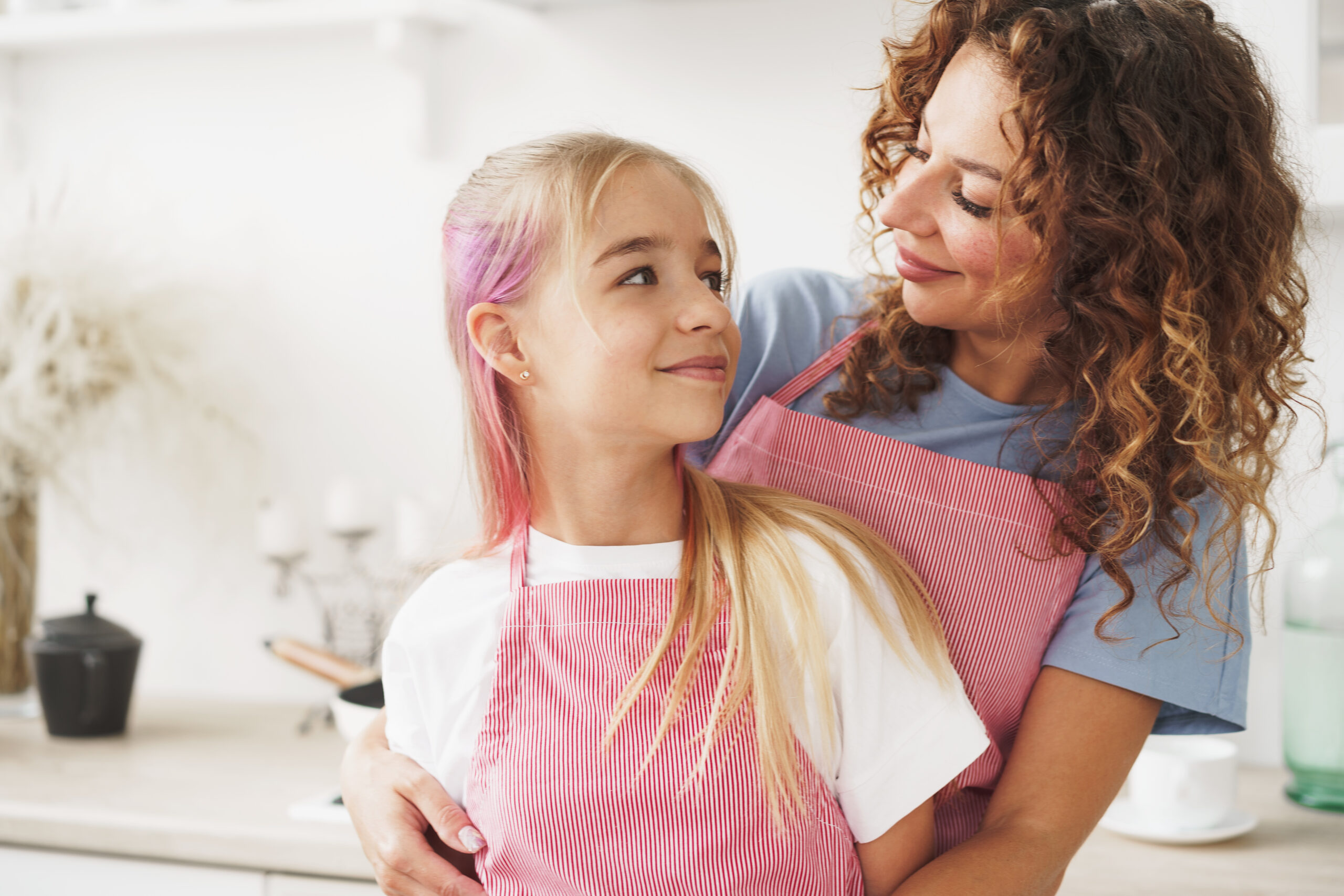
Support children and teens by :
– building a secure parent-adolescent relationship, and showing them that you believe in them and will be there for them no matter what. Talking to your children and teens about peer pressure in a direct manner may also be valuable – children need to know that you are there to listen to their stories and dilemmas. Parents are encouraged to talk to their teens about any sensitive topic, including sex and the risks of sexting. Ideally, there should be no taboo topics in the family, as the more that safe communication is present, the safer the adolescent may feel in reaching out for support whenever needed.
– encouraging them to say no when they really mean it. When teens feel unsure, they can say : ‘I am not sure’, ‘maybe’, or ‘I need to think about this’. When no is no, teens may practice saying : ‘No thanks. I am not into that.’ Adolescents who are clear about their values may still decide to interact with peers who have different values. At the same time, those adolescents who are secure in themselves, may have learnt the importance of saying ‘no’ in the right moments. Adolescents need to understand the ‘why’ of why it is important to sometimes say no.
– being good role models. When parents model assertive behaviour and practice healthy values, children are more likely to internalise these positive skills and be more capable of seeking healthier relationships. Be mindful of your own body language as parents and your way of communicating your thoughts and emotions. Parents can provide their teens with something good to ‘imitate’.
– helping them recognize healthy friendships from toxic friendships. Discuss with your adolescents what values matter the most in building good friendship foundations. Those peers who show consistent behaviour and who share similar values are more likely to have a positive influence on your adolescents. Parents can support their adolescents by asking them : ‘How is this friend helping you?’, ‘How do you feel before v.s. after meeting your friend?’, ‘How safe do you feel in this friend’s presence?’, ‘How do you know that you can or cannot trust this friend?’ Evaluating friendships is an important skill to learn at any stage of life.

– helping them to plan ahead. Discuss and rehearse with them how they would like to respond, in alignment with their values, when they are faced with a negative peer pressure situation. You could brainstorm how they can leave that situation as quickly as possible, and who they may feel comfortable in calling for support. You may also discuss with your teen possible scenarios, for example : ‘What would you say if you have been offered a lift home with someone who has been drinking?’
– reminding adolescents to be aware of their body language. Practice keeping calm and making eye contact. Sometimes, the best way may be to step away and to keep your distance from troubling scenarios.
– teaching adolescents the skills of thinking outside the box and coming up with alternatives. For example, a teen may decide to skip an activity to continue studying and to meet the peers later during the day. They might say : ‘I cannot make it to Jake’s house, but maybe we can meet later at the swimming pitch for a drink?’ Through this, teens may further learn how to navigate more satisfying peer relationships, which align with their values and their current context.
– coming up together with phrases that they can use with peers, in situations when they feel that they are being forced to engaged in negative behaviour or to be in situations where they feel uncomfortable. Some parents and teens use a ‘code’ word between them, so that parents are alerted to call them, in order to tell them that something unexpectedly came up and that they need to come back home.
– giving them a free ‘blame the parents’ card. When all else is difficult, teens and parents can come to an agreement for teens to blame the parents so as to avoid risky or uncomfortable situations. For instance, the adolescent can say : ‘My parents are picking me up at 9pm and they will realise I drank alcohol – their sense of smell is unbelievable. That would mean not going out next time, so I would rather not!’
– finding teachable moments – these could be clips from a film or from real life stories. You can invite your teen to reflect with you : ‘How would you have responded to such a situation?’, ‘What could you have said?’, ‘Who could you reach out to?’, etc.
– offering the possibility of seeking professional help. Sometimes children and adolescents, as well as parents, may find it helpful to seek professional support to talk about their experiences and what they can do in order to increase their coping skills in difficult situations, with the latter even involving peer pressure. Such professionals may include psychologists, psychotherapists and counsellors.
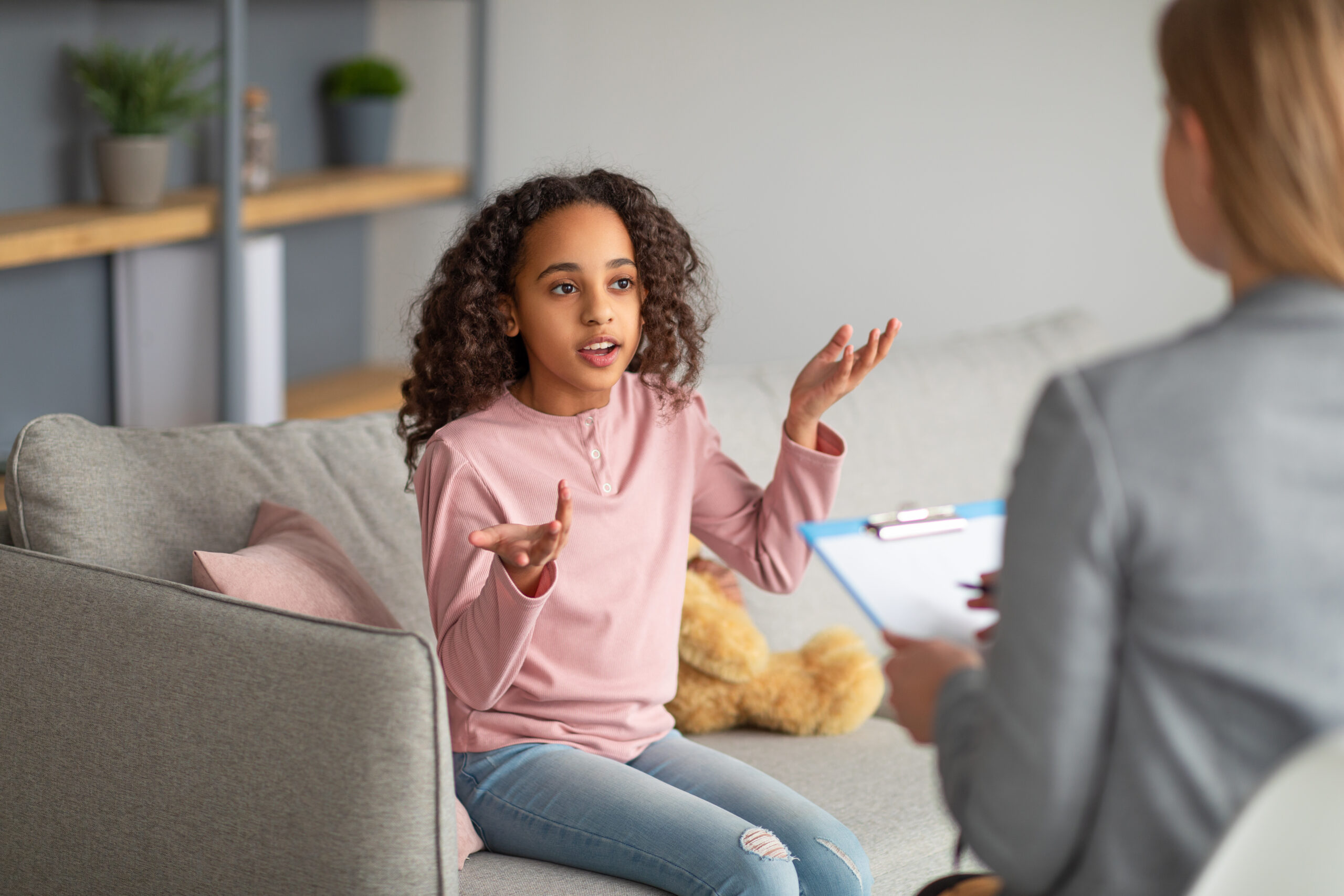
Final Reflections
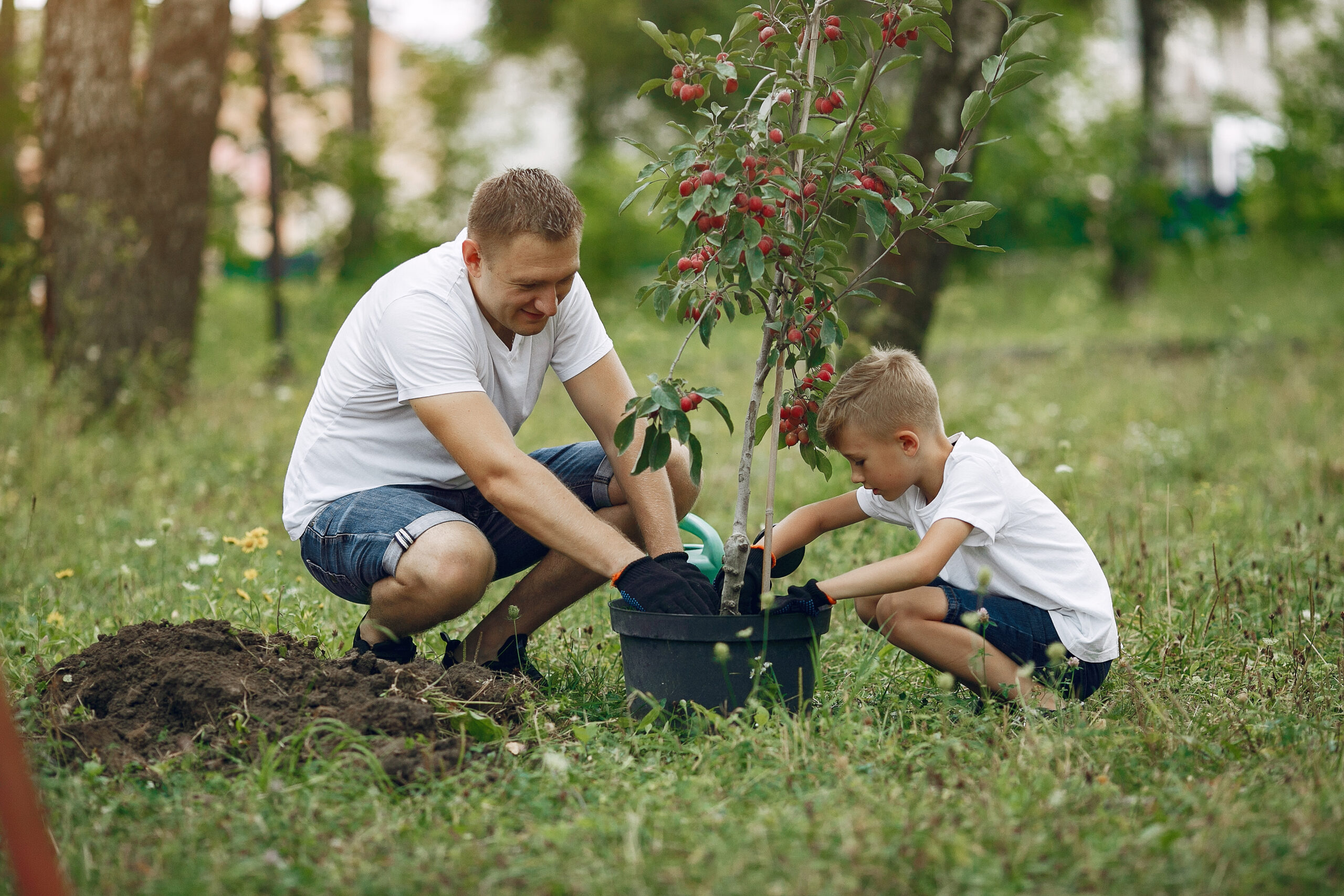
Working on ourselves as parents is the foundation for providing the best chances to have a secure relationship with our children and adolescents. In turn, children who feel more secure are more prone to have a positive self-esteem and to be more assertive in navigating various stressors. Being a good enough parent involves being able to reflect on your thoughts, feelings, actions and life stories. Your children need you, as the healing and forever trying parent. Help is available and do reach out. Remember that we are all works in progress!

Charlene
Clinical Psychologist and Family Therapist
